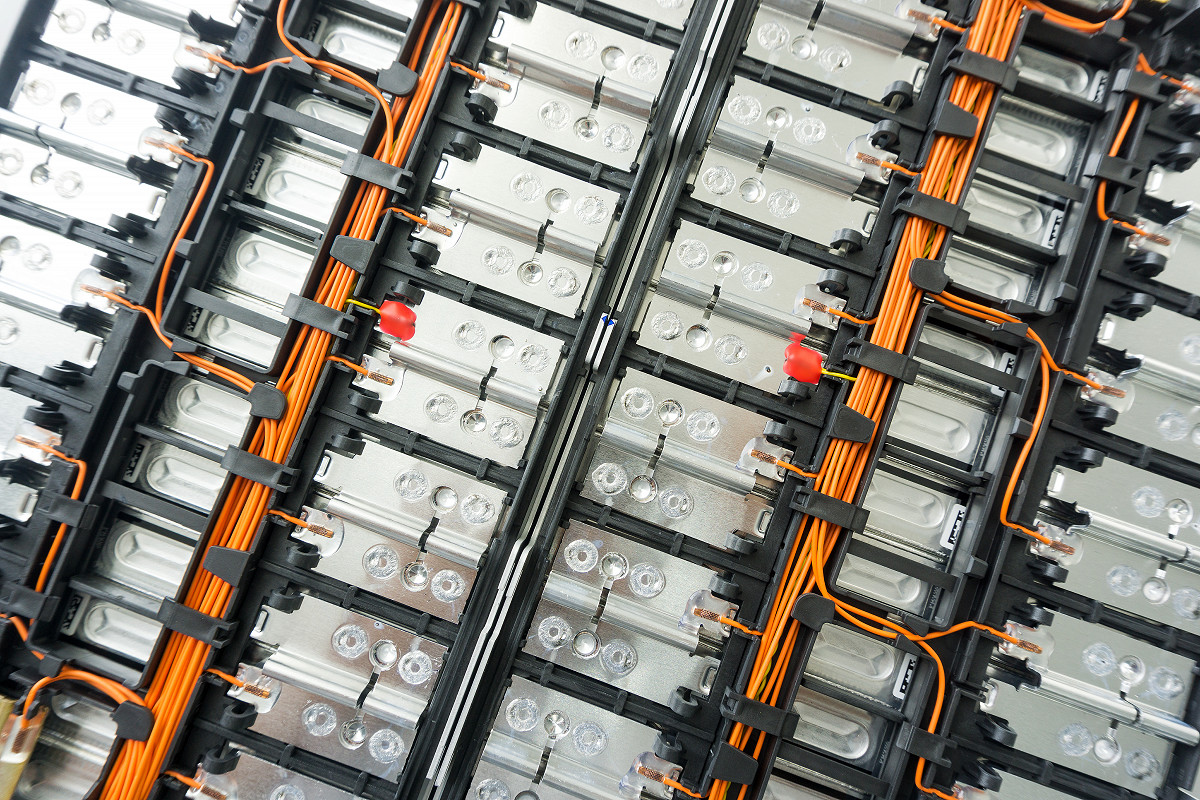
This paper by Professor Stephen Pollock is an important intervention into the debate around batteries and the ongoing energy transition in the UK. Demand for battery storage has seen exponential growth in recent years, due in no small part to the need to decarbonise our economy. That is why it is incredibly important that we have this depth of expertise that ensures the UK can stay competitive and not fall behind the rest of the world.
The Institute for Prosperity was established on a cross-party basis to trigger discussion around reviving UK manufacturing and to provide policymakers with innovative new ideas to increase prosperity and economic growth. Improvements in battery technology are key to ensuring Britain’s continued manufacturing success, and having a forum where we can discuss how this fledgling industry will be structured is of the utmost importance.
Key findings in the report:
- While many of the world’s major economies are constructing gigafactories for the manufacture of batteries to meet the demand for electric vehicles, the UK is far behind its competition.
- China plans to have 149 gigafactories by 2030, the EU 19 and the USA 12, but for the UK this number is only 2. Data from the Faraday Institute predicts that the UK will need at least 8 gigafactories by 2040, so they are already falling short of other similar nations.
- The UK Government has invested significantly less in fuel cells in comparison to batteries. This is despite the contribution that fuel cells will play in ‘greening the grid’. The UK Government has devoted around £250 million to fuel cells, whereas the German Government has earmarked as much as £9 billion for the support of a hydrogen economy.
- If the UK fails to ramp up its investment in fuel cells, it will lack both the capacity for generating hydrogen and the infrastructure for its transport and storage when compared to the other major economies. By 2030, UK low carbon hydrogen production capacity should reach 5GW, which is only a small fraction of the current generating capacity of the UK electricity sector, which stands at 75.8GW.
